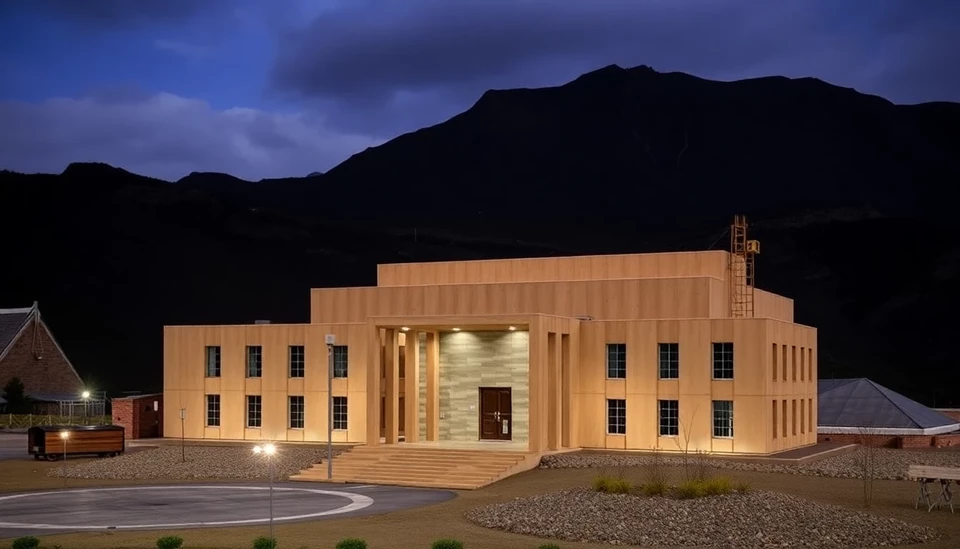
In a landmark ruling on December 4, 2024, South Africa's Constitutional Court delivered a significant blow to plans for new coal power plants in a country heavily reliant on coal for its energy needs. The court unanimously determined that the government does not possess the authority to mandate the construction of new coal facilities without proper environmental assessments and community consultations.
This decision arose from a legal challenge led by environmental advocacy groups and impacted communities who argued that constructing additional coal plants would exacerbate existing environmental degradation and health issues. The plaintiffs contended that the government's push for new coal infrastructures was contrary to South Africa's commitments to the Paris Agreement and its ambitious climate goals.
The court found that the government's proposed energy plan, which included the controversial new coal projects, violated constitutional provisions that guarantee the right to a safe environment. The judges emphasized that any energy strategy must balance energy production with environmental sustainability and community welfare.
The ruling is perceived as a turning point for South Africa’s energy policy, encouraging greater investment in renewable energy sources such as wind, solar, and hydro power. Activists hailed the verdict as a pivotal moment in the ongoing fight against climate change and for the protection of future generations. It signals a shift in the legal landscape regarding environmental rights and energy production in the country.
South Africa, which has historically depended on coal for over 80% of its electricity generation, has faced mounting pressure from both domestic and international entities to transition towards cleaner energy sources. The ruling not only reflects the growing public dissent against fossil fuels but also aligns with a broader global movement towards decarbonization.
Following the court's decision, energy analysts predict that the government will now be compelled to revise its energy policy framework substantially. The country may need to explore options for a more sustainable energy mix that adheres to environmental regulations, while ensuring energy security and accessibility for South Africans.
In light of this ruling, stakeholders across the political spectrum are expected to engage in heated debates regarding the future of energy in South Africa. This case sets a precedent that could inspire similar legal challenges across the continent, where many countries reliant on fossil fuels face growing environmental challenges and public scrutiny over climate change impacts.
As South Africa grapples with issues of energy poverty and climate responsibility, this ruling emphasizes the vital intersection of environmental law and energy policy in shaping a sustainable future.
The Constitutional Court's decision, hailed as a victory for climate justice advocates, underscores the importance of legally binding commitments to protect the environment while striving for economic development. The ongoing dialogue about energy, health, and environmental protection is far from over, with this ruling igniting discussions about the next steps in South Africa's energy transition.
As the nation moves forward, it will be essential for the government to engage with all stakeholders, from local communities to industry leaders, to create a comprehensive plan that advocates for renewable energy and addresses the socio-economic challenges tied to energy access.
Overall, this ruling serves as a crucial reminder that environmental justice is integral to the constitutional values of democracy and human rights in South Africa.
#SouthAfrica #EnergyPolicy #CoalPower #ClimateJustice #RenewableEnergy #ConstitutionalCourt #EnvironmentalLaw
Author: Peter Collins




